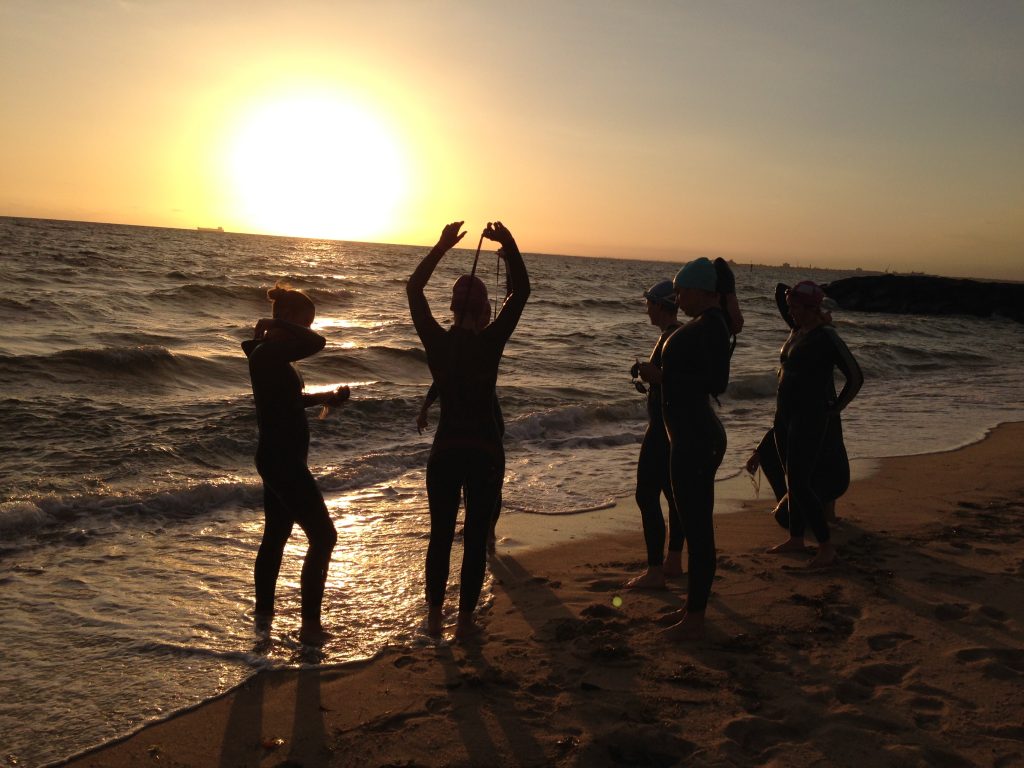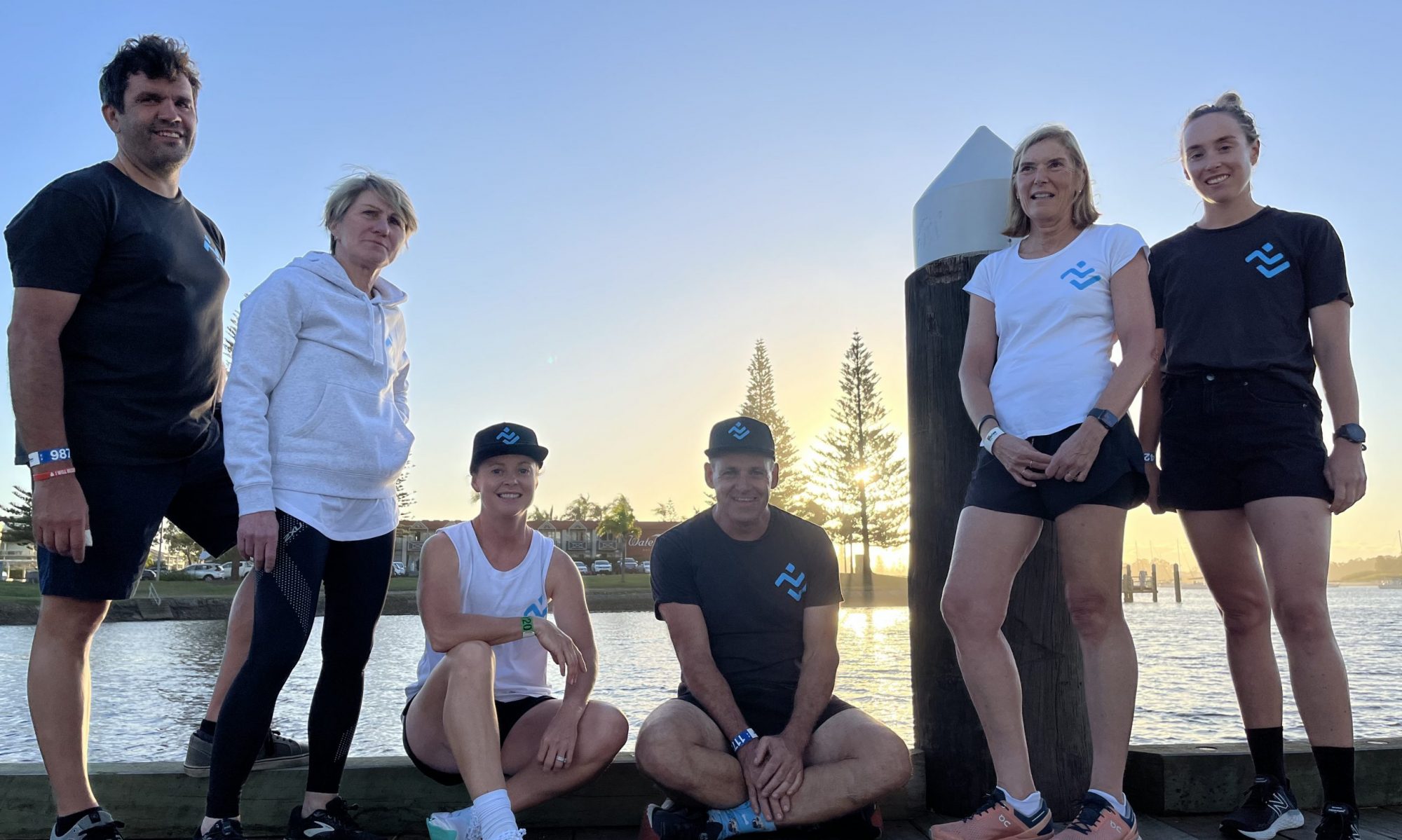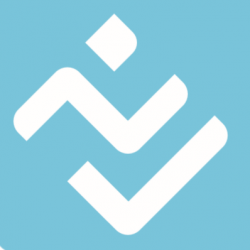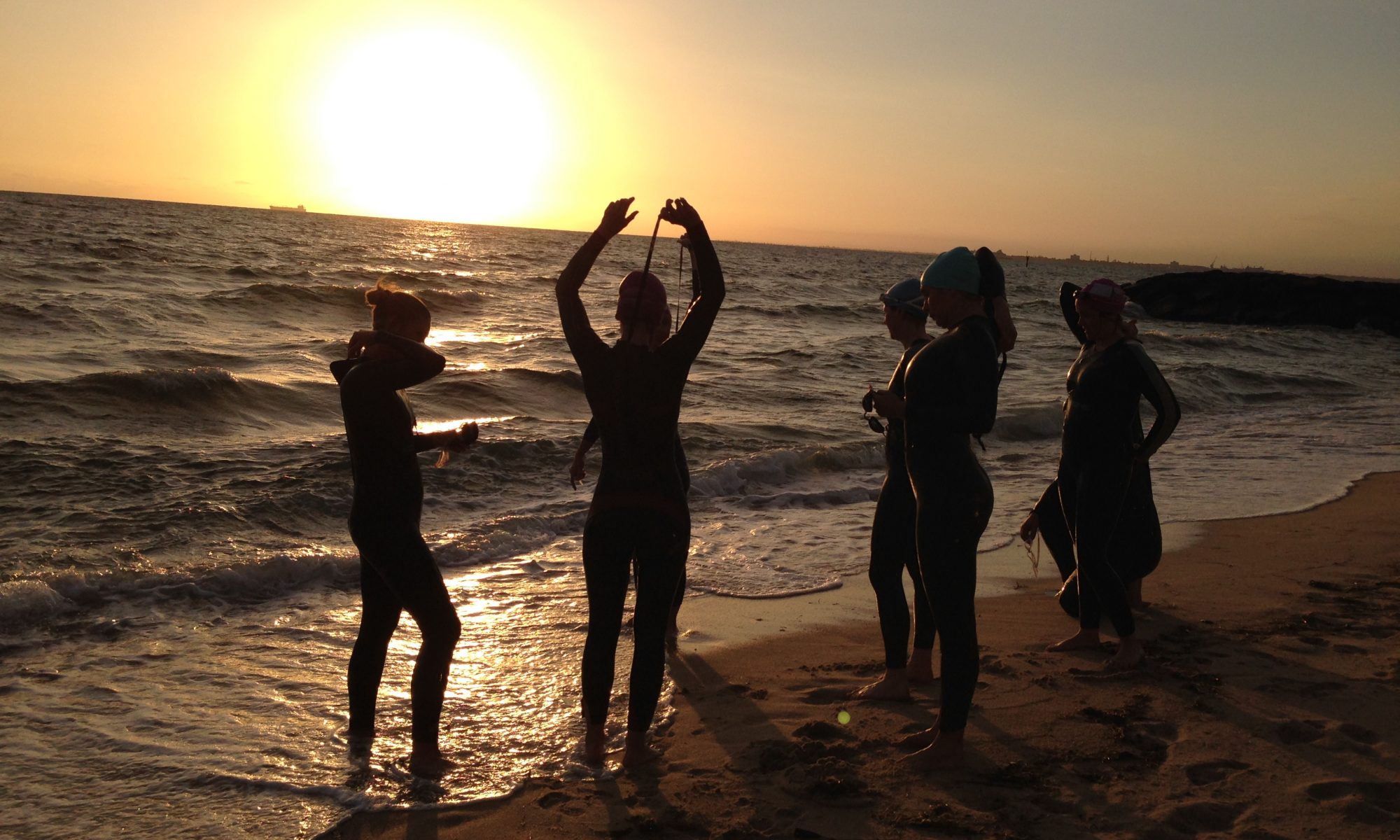Searching for a new Coach can be a daunting experience; whether you are new to the sport of triathlon, or a seasoned triathlete. Many triathletes look for a Coach for structure and accountability that will ultimately lead them to performance gains, others are simply looking for guidance and support, to learn more about their chosen sport. No matter your reason, a Coach is an investment, so the decision on a Coach should be well thought out to ensure you find the right Coach for YOU, to ensure your performance, health and ultimately enjoyment of the support all go hand in hand.
The Coach’s Role
The role of a Coach can be varied based on what it is you are looking for and trying to achieve, along with your training history/past experience. When an athlete first starts out in triathlon, the Coachs role may be more focused on guiding, educating and supporting the athlete through the learning and developing phase to help develop the basic training fundamentals, principles and methods for training and developing a strong, robust and healthy body to undertake training load. As an athlete develops, the Coaches role would shift to ensure the athlete is continuing to practice and develop certain skills/technique, along with improving their knowledge, awareness and understanding of the program itself and the key fundamentals. It is important that a Coach continues to educate athletes through this phase to avoid over reaching/over training and burn out. As an athlete then continues to progress, a solid understanding of exercise physiology, the functions of workload, training fundamentals, principles and methods must be applied. And this is where a Coach should have up-to-date education and/or research in the areas of physiology, anatomy, nutrition and even sports psychology.This coupled with real life experience, lays the foundations for a quality Coach and a Coach that can develop an athlete from the ground up to reaching their optimal performance.

Finding the right Coach for you
Now that you have a better understanding of the role of a Coach, its time to establish what you are looking for in a Coach. This is where most athletes don’t know where to begin, I have listed 10 questions you can ask yourself before you go in the search of a new Coach. This will ensure you are clear on what you are looking for.
1. Why do you want a Coach?
Sounds like a simple question, but many don’t actually know WHY. So start by making a list on why you feel you want a Coach. This may change once you go through this process, and may also change as you continue your journey in the sport, but make a start and then come back and revisit i tat the end. Ask yourself the following questions: -Are you someone who needs the support of someone for motivation and goal setting? -Are you someone who needs structure, routine and a periodised program to follow?-Are you someone who is returning from injury or wants to avoid minimise the risk of injury?-Do you want to learn more about the sport from experts in their field? -Do you want to develop technique and skills specific to the sport? -Do you want to maximise your time spent training through purposeful and specific sessions/program? -Do you want help to decipher all the noise that is in the triathlon world? Remember it is an investment and you will be trusting your training to someone else, so its a decision you want to get right.
2. What is your budget?
A Coach is an investment, start your search with a budget in mind. However we often find athletes underestimate the value and cost in coaching, so as you proceed through your search, you may find that you will modify your original budget OR your expectations on the level of coaching service you can afford.The cost a Coach will generally depend on a combination of the coaches history/experience/successes and the type of service they offer. A highly successful proven coach, providing an individualised specific program will often charge more that of a new coach offering the same service, or a highly regarded coach providing less of a coaching service. So this is where it is important to determine what you are looking for in a coach and how that fits in with your budget.
3. What experience does the Coach have?
Do some research on the experience of the Coach. How many years have they been involved in the sport? How many years have they been coaching? What type of athletes do they coach? What coaching successes have they
achieved? What is their expertise? A Coach that has vast and proven experience at successfully coaching athletes has a bigger knowledge base to draw upon than someone who has only coached a small handful of people, so take this into consideration. Also remember – just because someone achieves a high level of personal success in the sport, doesn’t mean they automatically make a great coach or could be the right fit for you.
4. What is their Coaching Philosophy?
Research what their Coaching Philosophy is, and understand whether this philosophy sits well with you. Be open and honest, and ask questions. There is no single coaching formula that works for everybody, but you do need to have buy into the coaching philosophy of your Coach.This may also require additional research if you don’t know what different coaching philosophies look like. And if you ask the question, and they cannot answer, then I would rethink whether that Coach is the right coach for you.
5. What Coaching principles/methods do they coach by?
Again, there is no one right way to program and there is certainly more than one way to achieve the same result, but understanding what the Coaching principles, methods and program foundations of your Coach are will allow you to understand how your program will work and gauge whether it will be the right method for you. But ensure the program / coaching has your needs met and work around your life, including a balanced approach to achieving your goals and to ensure your longevity in the sport.
6. The Coaching Relationship A Coach/athlete relationship is extremely important
You want to be able to gel with your Coach so you can put your trust in them, and they can gain the most from you. Think about the relationship you want to have with your Coach and determine what is important to you on their style and qualities. Do you want a Coach that provides tough love/is a hard task master? Someone approachable and open? Do you want constant support? What communication style works for you? What kind of personality do you work well with?Make a list on what is important to you and make sure your Coach ticks these boxes.
7. How much contact do you want with your coach?
This is a big one, as different coaches offer different contact levels. This could be either face to face / group sessions, communication through email/phone/skype. It could be daily, weekly, monthly. The feedback you receive from a coach is just as important as the feedback you provide to your coach. So understand what amount of communication/contact you want with your coach as this will dictate the type of coaching/program you ultimately choose.
8. Do you want to be part of a Club/Squad/ Group Training?
Group sessions are a great way for athletes to receive instruction from coaches, meet new people, learn the fundamentals of triathlon training and push themselves in a group environment. Often athletes will follow the same or similar training program at sessions, with a coach guiding them through the session. Coaches may offer technique advice, modify the plan to meet the athletes individual needs, or at times it is up to the athlete to understand what is right for them and make their own modifications. If you are looking at group training, ensure you ask questions around coach/athlete ratios, what coaching is provided at the sessions, times and locations, what feedback is given and any additional costs involved to ensure you know what to expect. This often is a great way for athletes to start out in the sport, but often as athletes develop they opt to move to a more individualised coaching/program model. Oran athlete on an individualised program may opt into certain sessions (ie swim sessions) for coach/technique feedback in certain areas.
9. Do you want an individualised specific program designed for you?
There is a big difference in the offer of an individualised/personalised specific program versus group training. An individual program is tailored to your personal needs and will therefor include heart rate, duration and pace parameters suitable to your goals and current fitness level. It considers your strengths and weaknesses – therefore varying the type and frequency of these sessions (ie You wont find 2-3 x Swim, Bike, Run per week, all year round). It includes constant communication and feedback between coach and athlete and would include discussions about how you feel, your mental state, stress levels, your recovery techniques and current nutrition / sleep habits. You will expect to pay more for this type of coaching service compared to group training sessions. So if you are looking at an individual specific program, ensure your definition is the same as the Coaches. A fully individualised plan will be more expensive than a plan slightly modified template program, or a program given at group training sessions.
10. What are the Coaches expectations of you as an athlete?
It is important to understand what expectations your coach has of you. This can be things like: Type and amount of communication/feedback, protocols around injury/illness, time frames around notifying of events/races, adherence to training program etc. So ask your potential coach – what do they expect of you as an athlete, this will ensure that you are on the both page up front.
Here are some further questions to ask your potential Coach:
- What is their Coaching specialty/expertise What are their qualifications/education?
- What TYPE of program will be delivered? (ie individualised, template, group sessions)
- How do they deliver the program? How do they facilitate communication / feedback?
- What can you expect from them as a Coach?
- What education do they provide their athletes for continual improvement?
- What practitioners (if any) do they work closely with their athletes?
Once you have done your homework, get in contact with a few coaches that tick the boxes for you,and remember to keep in mind what commitment you want to make – both in time and money, and what you hope to get out of it.
Don’t be afraid to ask (more!) questions about how they will help you achieve your goals–no matter what your goals are. They are YOUR goals, so you must be happy with your decision. Happy Coach hunting!
Words by Coach Sarah and previously published in Australian Triathlete Magazine


